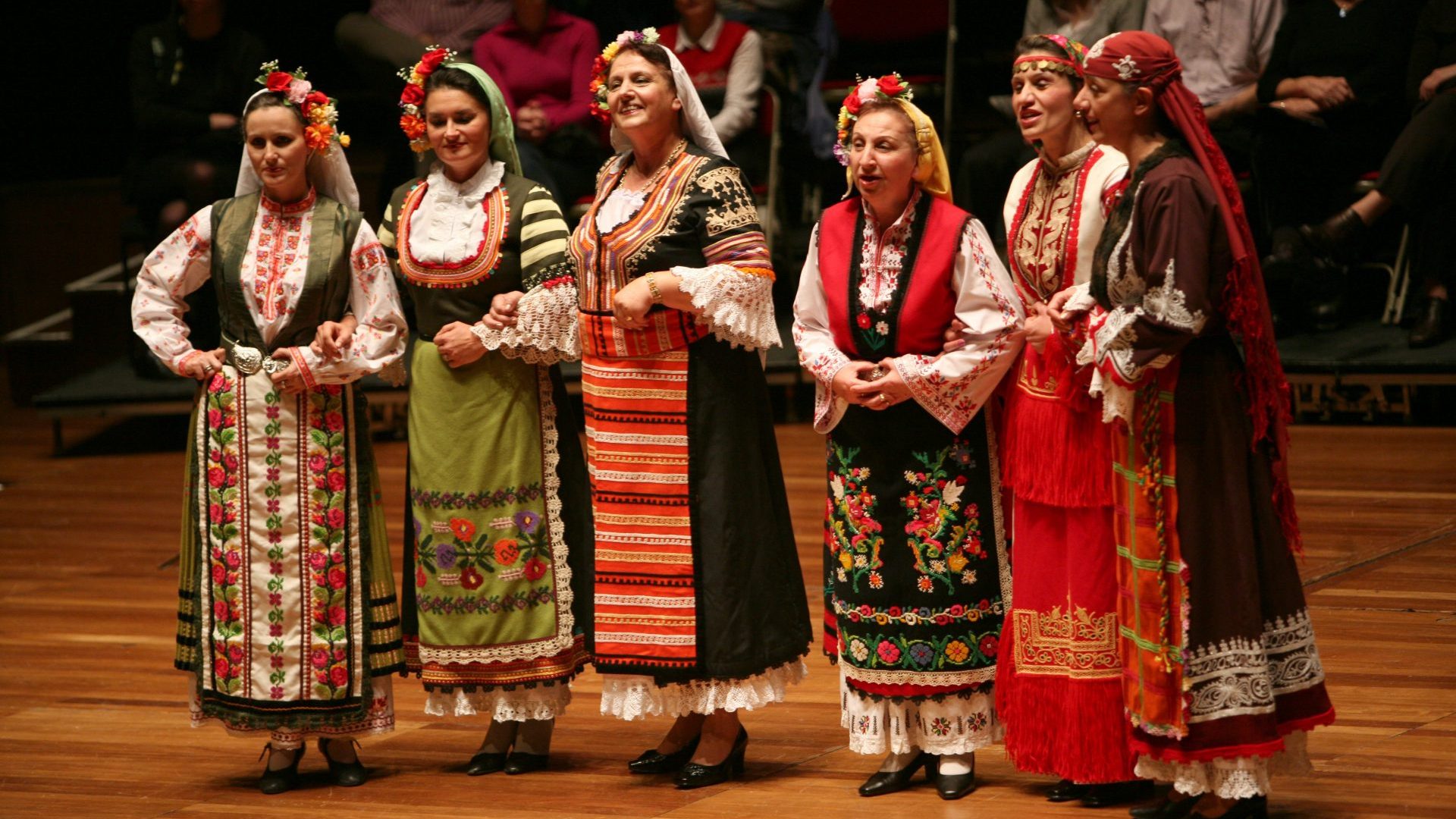Speakers of Germanic languages like English have been in direct contact with speakers of Celtic languages like Welsh and Gaelic for a very long time indeed, and continue to be so today, especially in Wales and the Outer Hebrides.
This contact was initiated when members of tribes who spoke Proto-Germanic left their southern Scandinavian homeland and moved into what is now Germany, probably in around 1500BC. These migrants had set off on a journey which would eventually lead to Germanic-speaking people populating lands all the way to England – and far beyond.
The route they took would have taken them down along the Jutland peninsula of Denmark, but probably also across the Baltic Sea: Rostock in what is now Germany is only 22 nautical miles or 40km from the Danish island of Falster; and Rødbyhavn on the Danish island of Lolland is only 16 miles/30km from the coast of Schleswig-Holstein.
As a result of this initial migration, by about 1200BC Germanic-speaking people were occupying the whole of Jutland, as well as a small area of northern Germany from the mouth of the River Elbe near present-day Hamburg to the mouth of the Oder in the region of Stettin/Szczecin, now on the German-Polish border.
The migration continued, and 200 years later Germanic peoples had expanded further to the west and south further into formerly Celtic-speaking territory. By 1000BC, Germanic was being spoken all along the coastline of what is now Germany from the mouth of the River Ems, close to the modern Dutch-German border, as far east as the River Oder, and then as far inland as the regions where the modern cities of Hanover and Berlin are now found.
Linguists have argued that this contact, and the Celtic-Germanic bilingualism that went with it, had consequences for the vocabulary of Germanic languages. They have suggested that a number of Germanic words were borrowed from Celtic at about that time, including our words for the metals iron and lead: in modern Irish, “iron” is iarann and “lead” is luaidhe, suggesting that two millennia ago the Celtic-speaking people were more advanced at metal production and metal-working than the Germanic-speaking peoples, leading to Germanic speakers learning how to produce these metals, and as well the associated vocabulary.
The early Celtic form rix, rigi “king”, which clearly has a similar etymology to that of the Latin word of the same meaning, rex (nominative), regis (genitive), was also borrowed into Germanic, and has given us German Reich and Dutch rijk “empire”. In the Celtic Gaulish language of northern France, this eventually became rig, rix. We know this Gaulish word mainly from personal names such as Biturix “king of the world” and Vercingetorix “superior king” – he was the chieftain of the Gauls when they united to fight against Roman forces under Julius Caesar.
Rix is found as a suffix in many other Gaulish regal names. We know of two rulers called Cingetorix – one in Kent, and one who was the chief of the Gaulish Treveri tribe and an ally of Caesar. We also have records of Gaulish leaders called Dumnorix, and Toutorix, amongst others.
The comic-book character Asterix the Gaul is a whimsical invention of French cartoonists, with his name making a humorous connection between this same -rix suffix and the ending of the word for the asterisk symbol.
GAUL
Ancient Gaul consisted of the areas which now make up France, Belgium, Luxembourg, parts of the southern Netherlands, south-western Germany, Switzerland, and northern Italy. By 50BC, the Romans had taken control of nearly all of this area, but the Gaulish language seems to have survived until the 500s AD.




